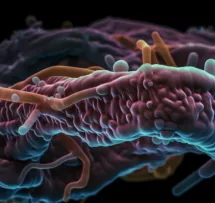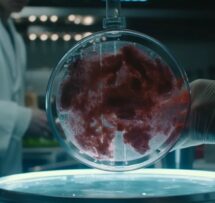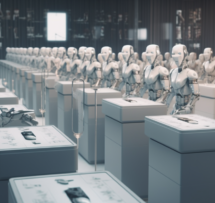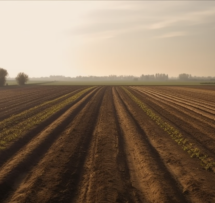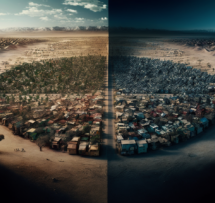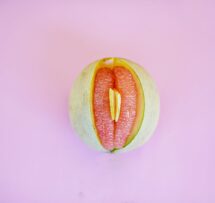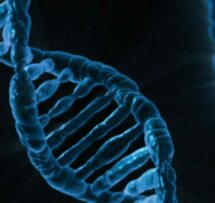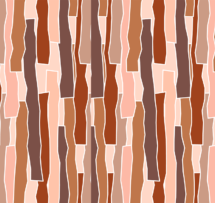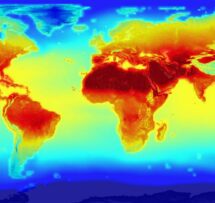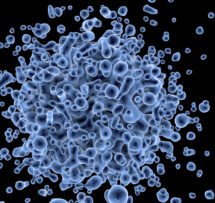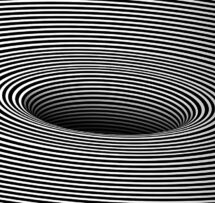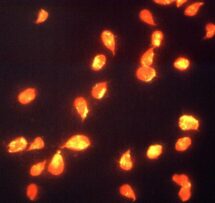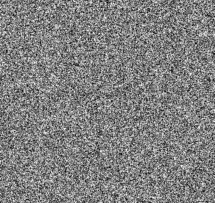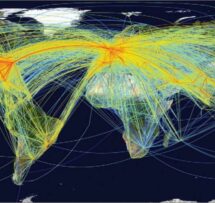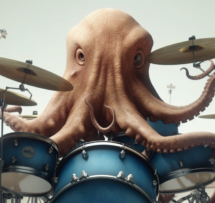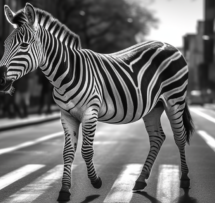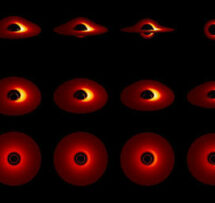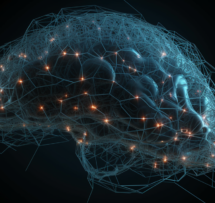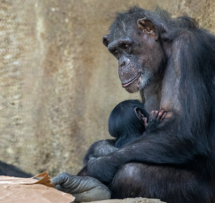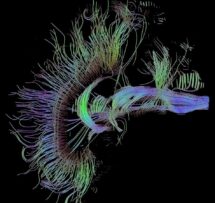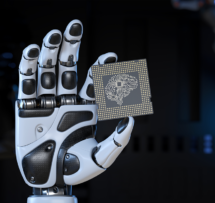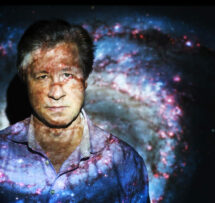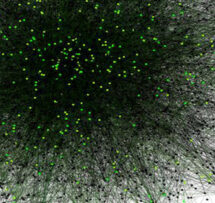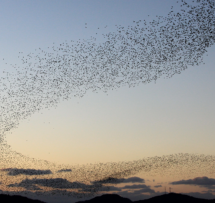Where is the cultivated meat?

Animal meat can be grown in a lab. In August 2013 professor Mark Post presented the world's first hamburger from cultivated beef, so the technology has been around for a while. But where is the cultivated meat in our shops? Is it safe to eat? Can cultivated meat be a nature and animal friendly and sustainable solution to the increasing demand for animal protein? Can you use the technology to manufacture other products? And will all our food be cultured in a factory in the future?
Since the start of scientific development of cultivated meat in 2005 major steps have been made to convert this originally medical technology into a food production process. Whereas some of the developments remain based on results and concepts derived from the far larger and better funded regenerative medicine research and pharmaceutical biotechnology, additional challenges force the cultivated meat society to pursue divergent routes. The unimaginable scale of cell/tissue production and need for low-cost production are challenges of technical and logistic nature. Not only rigorous optimization of existing processes but also novel scientific development is required to overcome these challenges, such as finding new nutrient sources for cell culture. Growth of astronomical numbers of mammalian cells require extensive upstream and downstream bioprocess development and perhaps innovation in bioreactor design. In addition to massive cell expansion, the cells need to form tissue. This typically requires the temporary support by scaffolds made from edible biomaterials. And there are consumer related challenges of a more ethical nature. The need for animal-component free culture of cells and tissues, abstinence of antibiotics and, for some consumers, genetic modification limit the solution-space available to developers of cultivated meat and for materials needed. At the same time, consumers are increasingly willing to accept alternative sources of meat, looking for more sustainable and nature and animal friendly solutions.
This event is an initiative by the Dutch Institute for Emergent Phenomena (DIEP) with the support of the University of Amsterdam. Science & Cocktails Amsterdam is presented in cooperation with Paradiso Amsterdam.
Talk by
Mark Post
Mark Post is professor of Sustainable Industrial Tissue Engineering at Maastricht University. He is visiting professor at Harvard, University of Modena and faculty at Singularity University. His main research interest is the engineering of tissues for various applications. Tissue engineering for food has led to the development of cultured beef from bovine skeletal muscle stem cells. The same technology is used to culture leather. Mark Post co-authored 200 papers in leading peer-reviewed scientific journals and coordinated several national consortia with funding and awards from different sources including government, charity and industry. He is a frequent speaker at international events on innovation in the agrifood sector. He presented the world’s first hamburger from cultured beef in August 2013 for which he received the World Technology Award from AAAS/Times/Forbes. Mark Post is Chief Scientific Officer and co-founder of Mosa Meat and of Qorium, two companies that aim to commercialize meat and leather applications of tissue engineering. Together, these companies have 170 employees, 105 of whom are scientists.




